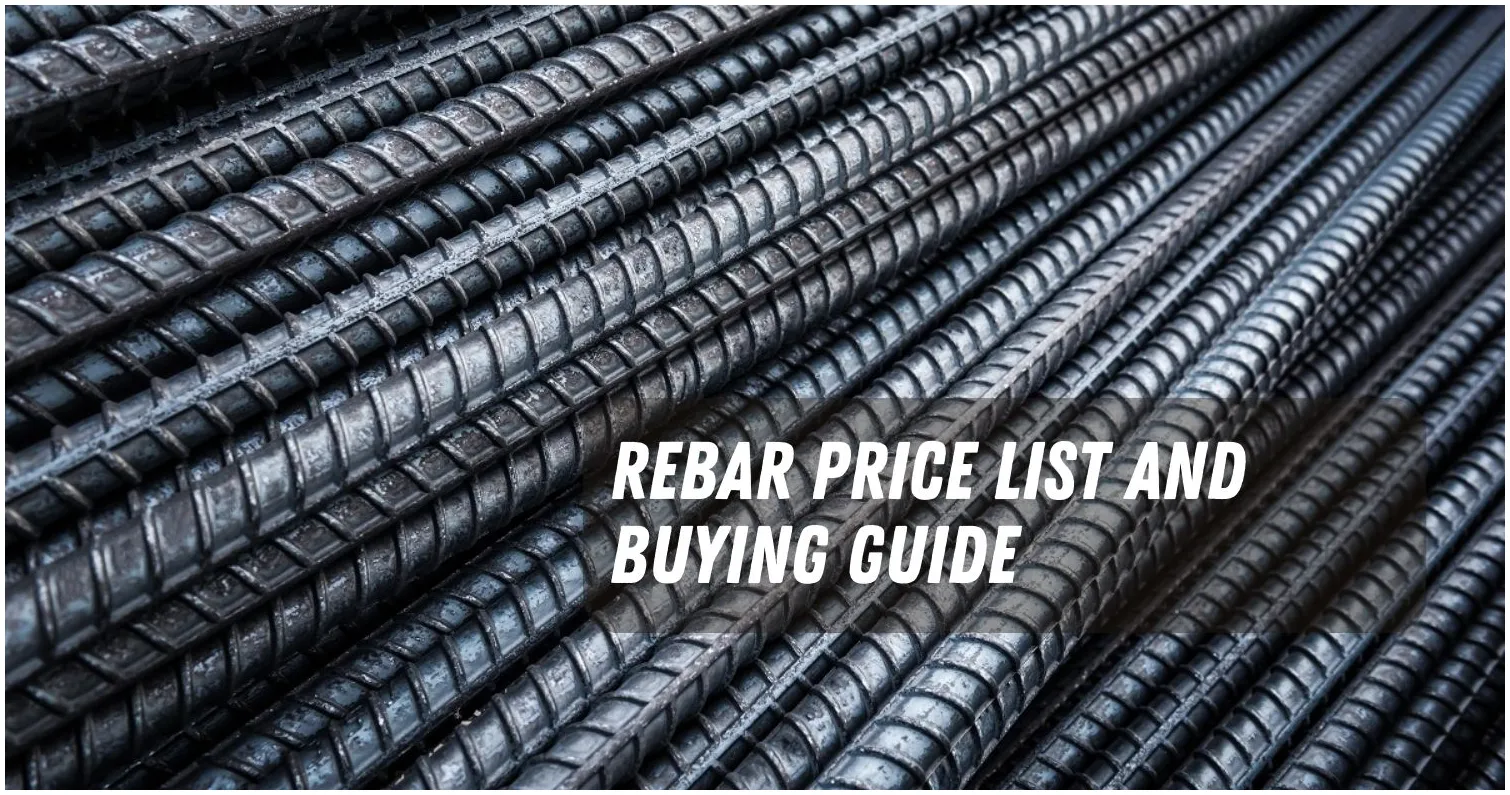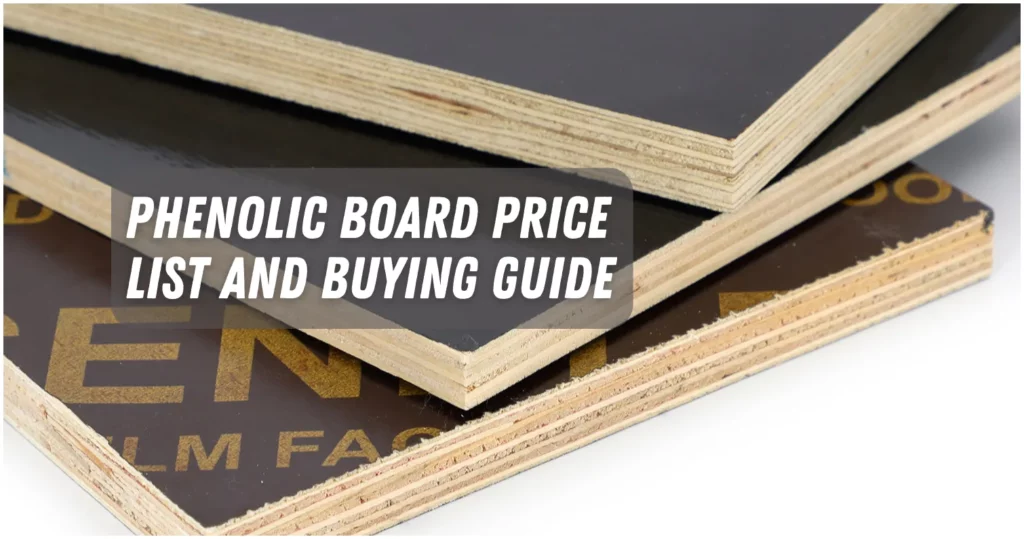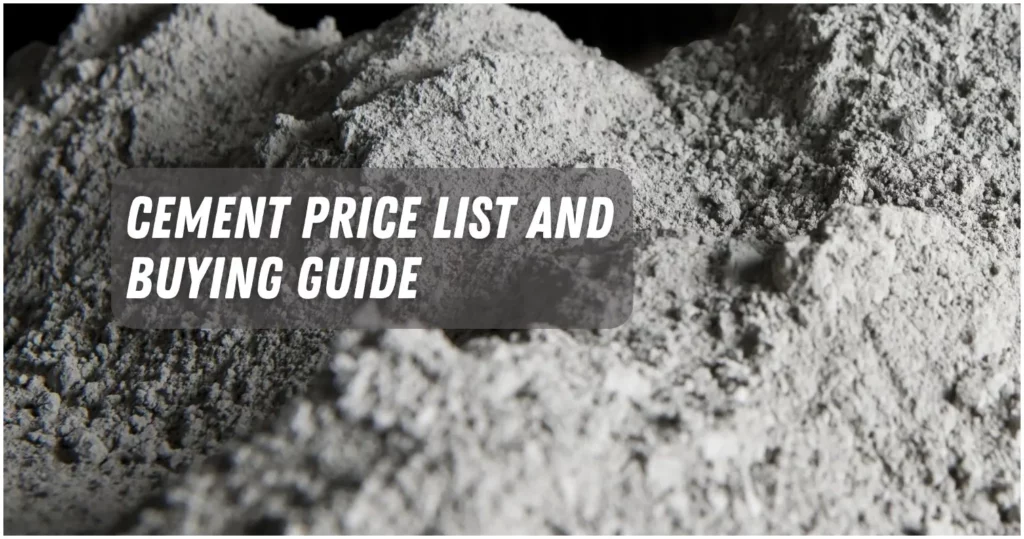Rebar is a low price building material that is often used to add strength to concrete structures.
What exactly is rebar, and why is it so important? How much does this cost in the Philippines? What are the different types of rebar and how do you use them?
In this article, we’ll answer these and other questions to help you decide which of the rebar prices in Philippines, which range from ₱90 to ₱400, is best for your project.
What are the Rebars?

Reinforcing bar, or “rebar,” is a steel bar or mesh of steel wires that is put into concrete to make it stronger and last longer.
Rebar can also be used to connect different pieces of concrete, like beams and columns, or to give structures a place to hold on to.
Most rebar is made of carbon steel, but there are other kinds that have different properties and uses.
Uses of Rebars
Rebars are most often used to strengthen concrete structures like foundations, slabs, walls, columns, beams, bridges, dams, tunnels, etc.
Rebars can make concrete stronger by increasing its tensile strength, shear strength, flexural strength, and ductility.
They can also make it less likely to crack, rust, catch fire, or break apart in an earthquake.
Rebars can also be used to make patterns or shapes on concrete surfaces for aesthetic reasons.
Types of Rebar
There are many different kinds of rebars on the market, and each one has its own pros and cons. These are some of the most common kinds of rebars:
Mild Steel Bar

Plain carbon steel rebar that is simple and cheap. Fits applications with low stress, like residential buildings.
Deformed Steel Bar

Rebar with ribs on the surface to help the concrete stick better. Mild steel bar is not as strong or flexible as stainless steel bar. Used in commercial buildings and other places with medium to high stress.
European Rebar

Has a high tensile strength and can be bent. It meets European standards (EN 10080). A unique ID code shows the grade, size, country of origin, and manufacturer. Often used in important structures like dams and bridges.
Carbon Steel Rebar

Carbon-rich rebar that is strong and hard. Easily breaks, but can handle high-stress applications. Usually covered with epoxy or galvanized to keep it from rusting. able to hold together with concrete.
Epoxy-Coated Rebar

Rebar that has a thin layer of epoxy resin on it to protect it from rust. Like carbon steel rebar, it is strong and can be bent, but it sticks to concrete less well. Perfect for places that are prone to corrosion, like coastal areas.
Galvanized Rebar

Galvanized rebar is rebar that has a zinc coating to keep it from rusting and breaking down. As strong and flexible as carbon steel rebar, but sticks to concrete better. It also fit for wet or humid conditions.
Glass Fiber Reinforced Polymer (GFRP)

GFRP rebar has glass fibers embedded in a polymer matrix. It is resistant to corrosion and has a high tensile strength. It’s light and flexible, but it doesn’t stick well to concrete. It is often used in places that aren’t magnetic or electric, like MRI rooms or power plants.
Stainless Steel Rebar

Rebar made of a chromium-nickel alloy (stainless steel). It doesn’t rust and lasts a long time, but it’s expensive and heavy. Carbon steel rebar is also strong and flexible, but it sticks to concrete less well. Fit for harsh conditions like soils that are too acidic or too alkaline.
Rebar Price List
The type, grade, size, number, and location of the supplier are some of the things that affect the price of rebar in the Philippines.
The following table gives an idea of how much rebars will cost per kilogram:
| Type | Grade | Size | Price |
|---|---|---|---|
| Mild Steel Bar | 40 | 10mm | ₱90 |
| Deformed Steel Bar | 60 | 12mm | ₱110 |
| European Rebar | B500B | 16mm | ₱140 |
| Carbon Steel Rebar | 75 | 20mm | ₱170 |
| Epoxy-Coated Rebar | 75 | 25mm | ₱200 |
| Galvanized Rebar | 75 | 32mm | ₱230 |
| GFRP Rebar | – | 6mm | ₱300 |
| Stainless Steel Rebar | 316L | 10mm | ₱400 |
Note that these prices are just a starting point and may change depending on the market and how the supplier does business. It’s best to talk to the supplier directly to get the most up-to-date and accurate quote.
Advantages and Disadvantages of Using Rebar
Using rebar in concrete structures has many advantages, such as:
- Improving the structural strength and stability of concrete
- Enhancing the durability and longevity of concrete
- Reducing the cracking and bending of concrete
- Increasing the fire and seismic resistance of concrete
- Lowering the maintenance and repair costs of concrete
However, using rebar in concrete structures also has some disadvantages, such as:
- Increasing the cost and complexity of construction
- Requiring special equipment and skilled labor for installation
- Creating potential hazards and injuries during handling and cutting
- Causing corrosion and rusting of metal rebar over time
- Generating waste and environmental impact during disposal
Things You Should Know About Rebar
- How did it get its name? The word “rebar” comes from the words “reinforcing bar,” which describes what it does.
- What’s the difference between steel bar and rebar? Steel bar is a general term for different steel products, while rebar specifically strengthens concrete structures.
- Can rebar be welded? Yes, rebar can be welded, but it requires caution and safety measures.
- Why can’t you weld rebar? There are alternative methods to connect rebars that offer better results and cost-efficiency.
- Does rebar rust? Yes, rebar can rust when exposed to certain elements, which can weaken it and affect the concrete. Proper handling and protection are important to prevent rusting.
Rebar is an important part of reinforcing concrete buildings, which can make them stronger, last longer, and look better.
The type, grade, size, number of bars, and location of the supplier all affect the price of rebar in the Philippines.
There are different kinds and uses of rebar, and each has its own pros and cons.
Before you use rebar, you should also know some important things about how it welds, rusts, and joins.
By knowing these things about rebar, you’ll be able to choose the best rebar for your project and make sure it goes well.
[ratings]

